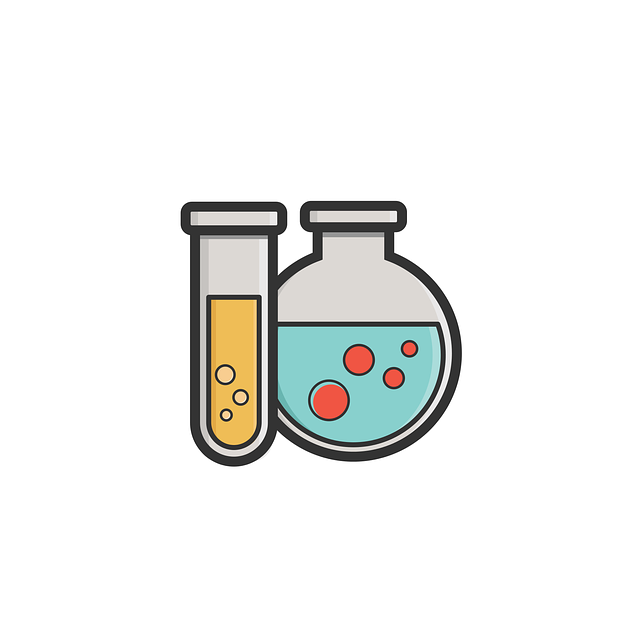What to know about biomarkers?
Welcome to our friendly website dedicated to the subject of biomarkers. Have you been hearing the term ‘biomarkers’ in various health discussions lately? Then you, like many others, may be wondering exactly what biomarkers are. Biomarkers are defined as particular molecules in our bodies that are known to show indications of normal functions or abnormalities in the body. They can then reveal if there is any reason for these abnormalities.
Biomarkers as indicators

Biomarkers can be anything from DNA, genes, hormones and proteins. These elements are biomarkers due to the fact that they can present indications about the status of a person’s health. Therefore, biomarkers are distinctive and truly powerful indicators of a biological nature at the cellular, molecular or biochemical level. Biomarkers not only reveal the status of a person’s health, but can also reveal why someone is not well.
What can biomarkers be used for?
 Biomarkers are helpful due to the fact that they can be used in order to address a condition, an event or a process, usually because they can be measured in a reliable manner within the context of cells, tissues or fluid. Moreover, medical professionals can utilise biomarkers to note the early stages of changes in the human body that can flag the deteriorating health of an individual.
Biomarkers are helpful due to the fact that they can be used in order to address a condition, an event or a process, usually because they can be measured in a reliable manner within the context of cells, tissues or fluid. Moreover, medical professionals can utilise biomarkers to note the early stages of changes in the human body that can flag the deteriorating health of an individual.
Therefore, it is useful to note some examples of biomarkers that are used in the world of medicine and health today. Blood cholesterol is a widely known biomarker that indicates if someone is at risk for contracting coronary heart disease. On the other hand, a test for prostate specific antigen (PSA), a protein produced by the prostate gland, is an example of a biomarker that can indicate the presence of prostate cancer.